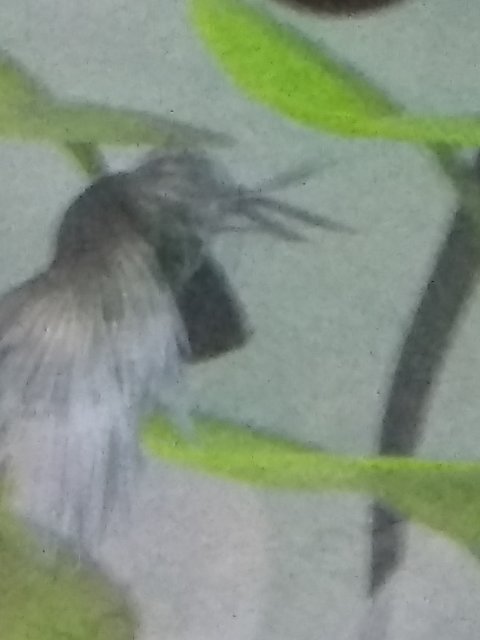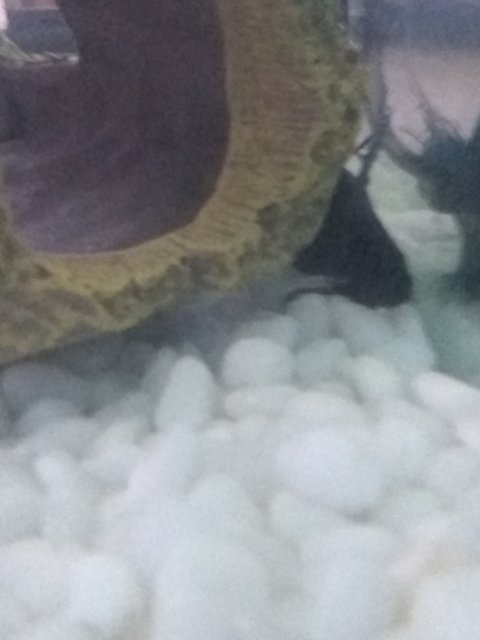I wouldn't be too worried about him starving yet, but I wouldn't delay trying to get him to eat either. Sometimes it can take a bit of time to coerce a fish to eat. I'd try feeding him some frozen foods to get him eating. I've used brine shrimp and bloodworms successfully in the past to get a fish eating.
The problem may not be his appetite, though. You said the pH is perfect, what is it? What about ammonia, nitrites, nitrates, etc.? I've never seen any ill-effects of high hardness in bettas (although breeding has pretty much been impossible), but a hardness would be nice. Is he active and exploring the tank or just hanging out in the corner? Are there tankmates?
Fish are remarkably resilient when it comes to not feeding. I have regularly let my fish go two weeks without food when I've left town on business trips, as I was worried that anyone in my family would overfeed and cause more issues by destroying water quality. This fasting period includes small species such as tetras, danios, livebearers, badis, gudgeons, cories and bettas as well as my larger fish. This is also assuming the fish are well-fed and healthy. I have never had any health issues upon my return except once, and that was less about health issues and more of a natural disaster. That one time was actually because my daughter (who was 13 at the time) wanted to show her friend one of my planted tanks and couldn't get the light on, so she unplugged the timer, plugged in the light directly, and turned on the light. She then forgot to reverse what she had done and left the light on. The light was on 24/7 for 11 or 12 days, and the massive algae and cyanobacteria explsion killed almost all my plants, which created poor water quality, which killed most of my fish in that tank.
In addition to health and condition, the size of a fish contributes to the length of time a fish can go without feeding. Large fish, such as oscars and other large cichlids can go a lot longer without feeding than smaller fish. There are two reasons for this. First, oscars and such have a much larger mass and therefore a lot more reserves to pull from while they're fasting. The energy reserves of a smaller fish are less, so there are a lot less energy reserves available for a smaller fish to pull from based on size. Second, larger fish are generally a lot less active than smaller species, so have smaller energy needs relatively. Therefore smaller fish need to be fed more often, and if they aren't fed regularly they will start feeling the effects of malnutrition sooner than a large fish. This is a simplified explanation of what is going on, but if you have the basic concept it can allow you to make a reasonable estimation of how long your fish can go without eating, especially with a little experience. The longest I've ever let my fish go when I was out of town was 17 days. My larger fish were hardly affected and showed no effects, other than being excited to see me cuz they knew it was feeding time. They weren't even thin. My danios, tetras, peacock gudgeons, and badis all were a little thin and the last two had fallen out of breeding condition. It took me several weeks to get them to my minimum standard of health, and it took about two months before the gudgeons and badis were breeding again. I wouldn't hesitate to leave large cichlids for 4 to 6 weeks if they are in good health and well-conditioned, if I had no other choice. On the other hand I won't go beyond two weeks for smaller fish ever again. Note, these are my experiences and what I consider acceptable. There are going to be articles that may say otherwise and other hobbyists may have different opinions on the length of time that is acceptable to not feed fish.
I have rescued a few fish, mostly cichlids, that had been left without food for so long that they reached a point of no return and never ate again. I suspect this period of time will be much shorter for small fish, if they don't die outright.
WYite.





